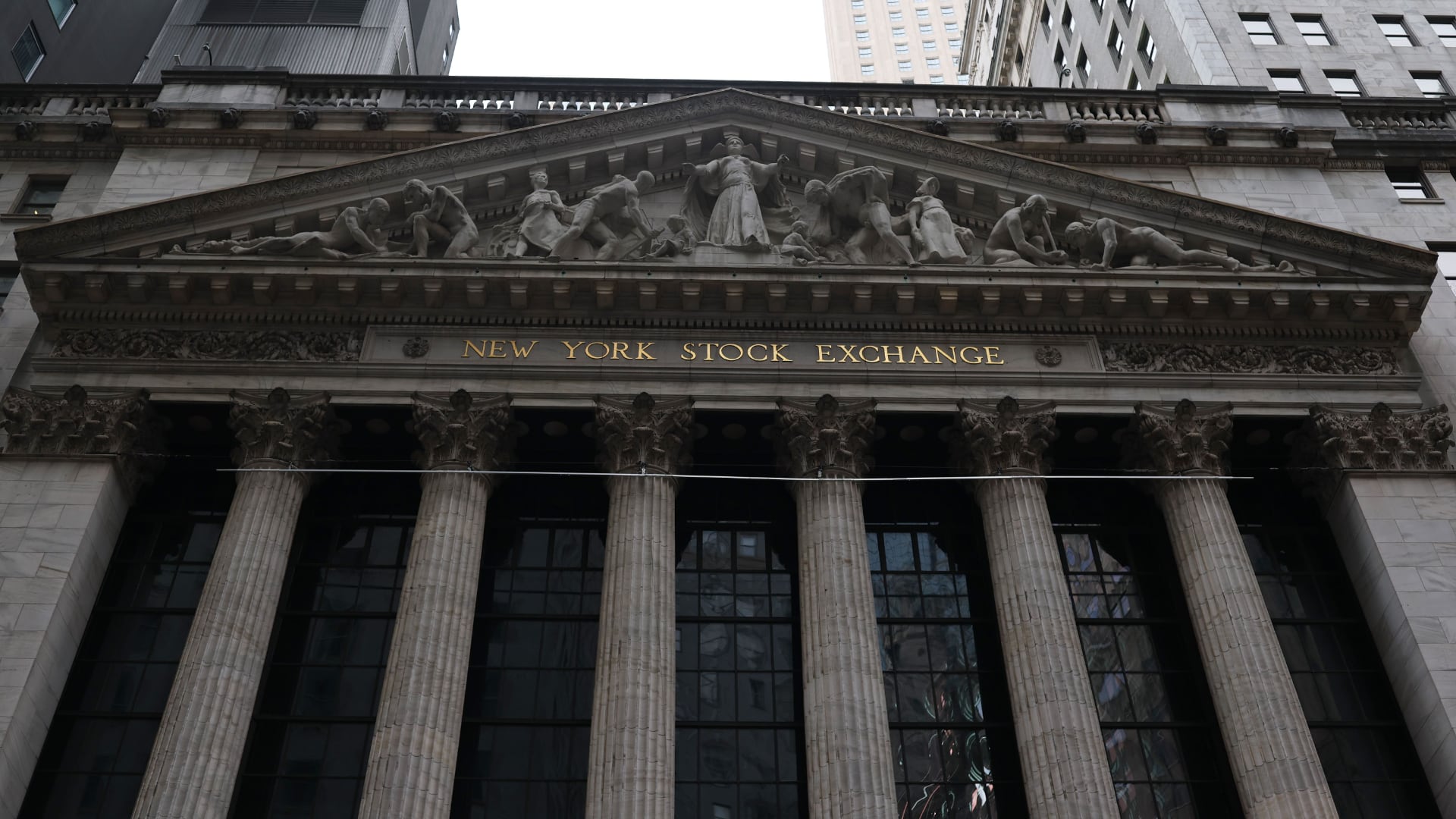By Damian J. Troise and Alex Veiga
Stocks fell broadly on Wall Street Thursday, as rising bond yields once again pulled down shares of technology companies and the energy sector sold off on a sharp drop in oil prices.
The S&P 500 index fell 1.5%, on track for its first weekly loss in three weeks. Technology companies accounted for a big swath of the sell-off, which contributed to the tech-heavy Nasdaq Composite dropping 3%, its second-worst loss of the year.
Communications stocks and companies that rely on consumer spending also weighed on the market. Energy stocks fell the most as the price of U.S. crude oil skidded for the fifth straight day. Only financial stocks eked out a gain, as investors bet that higher interest rates would translate into healthier profits.
Bond yields ticked higher again, with the 10-year Treasury note rising to 1.72%, near levels not seen since January 2020. Higher yields put downward pressure on stocks generally, in part because they can steer dollars away from the stock market and into bonds instead. That makes investors less willing to pay for higher priced stocks such as Big Tech companies that powered much of the market’s blockbuster turnaround last year. Apple shares fell 3.4%, Microsoft lost 2.7% and Tesla slumped 6.9%.
“Those tech-related stocks that are in the S&P 500 are just coming under so much pressure, and so many of them are in the Nasdaq, that it’s just continuing to bring the market down overall,” said J.J. Kinahan, chief strategist with TD Ameritrade.
The S&P 500 fell 58.66 points to 3,915.46. The Dow Jones Industrial Average lost 153.07 points, or 0.5%, to 32,862.30, after rising more than 200 points earlier. The Nasdaq slid 409.03 points to 13,116.17.
Smaller company stocks, the market’s standout gainers so far this year, also fell. The Russell 2000 index of smaller companies gave up 68.81 points, or 2.9%, to 2,267.59.
Bank stocks were among the best performers as investors bet that higher interest rates would translate into higher profits. Wells Fargo rose 2.4%, Bank of America added 2.6% and JPMorgan Chase gained 1.7%.
The VIX, a measure of fear in the market, climbed about 12%, a sign of rising volatility. One possible factor: Friday is “quadruple witching” day, which happens four times a year and marks the simultaneous expiration of four kinds of options and futures contracts.
“Usually, you have some sort of big move on Thursday as people try to settle up their positions going forward,” Kinahan said.
The market's pullback undercut some of the gains from a day earlier, when the S&P 500 and Dow hit all-time highs after the Federal Reserve said U.S. economic growth should rebound to 6.5% this year — the strongest since the 1980s — and inflation will climb above 2% for the first time in years.
“Early in a cycle you’re going to see higher inflation and higher interest rates and demand as global activity picks up,” said Scott Wren, senior global market strategist at Wells Fargo Investment Institute.
Investors have worried that if inflation picks up, central banks might respond by raising interest rates, which would cool economic growth. But Fed Chairman Jerome Powell’s comments at a news conference appeared to reassure them. Fed officials have said they would let the U.S. economy “run hot” to make sure a recovery is gaining traction.
The U.S. economy still has a lot of recovering to do. The Labor Department said Thursday that the number of Americans who filed for unemployment benefits last week rose to 770,000, remaining well above historic norms for that metric.
Investors are betting the economic malaise will dissipate as spring arrives and more Americans get vaccinated against the coronavirus. The $1,400 stimulus checks the Biden administration began sending to individuals last weekend are helping. Fed policymakers foresee unemployment falling from 6.2% to 4.5% by year’s end and to 3.9% at the end of 2022.
Energy prices fell, with U.S. crude oil losing 7.4% to $59.82 a barrel in New York. That dragged energy companies lower as well. The energy sector of the S&P 500 fell 4.7% Thursday, though it's still this year's biggest gainer, up 29.3% since the start of 2021.
Updated on March 18, 2021, at 5:07 p.m. ET.













